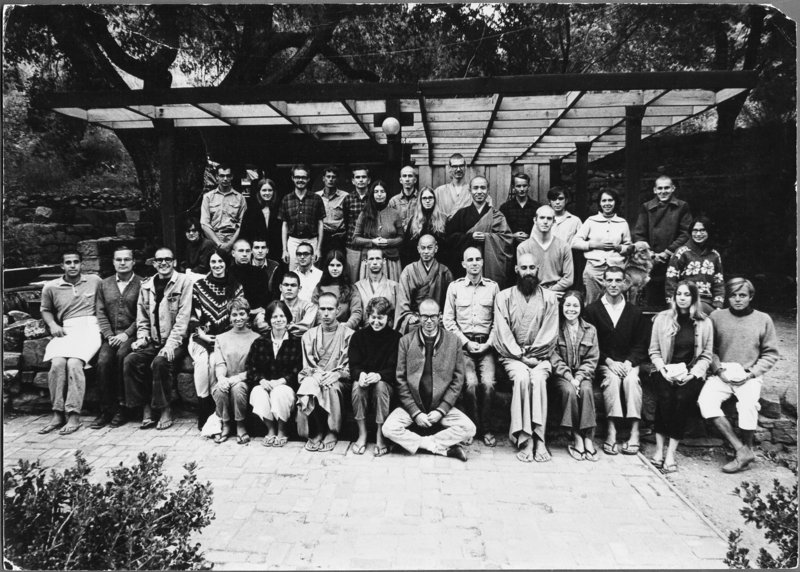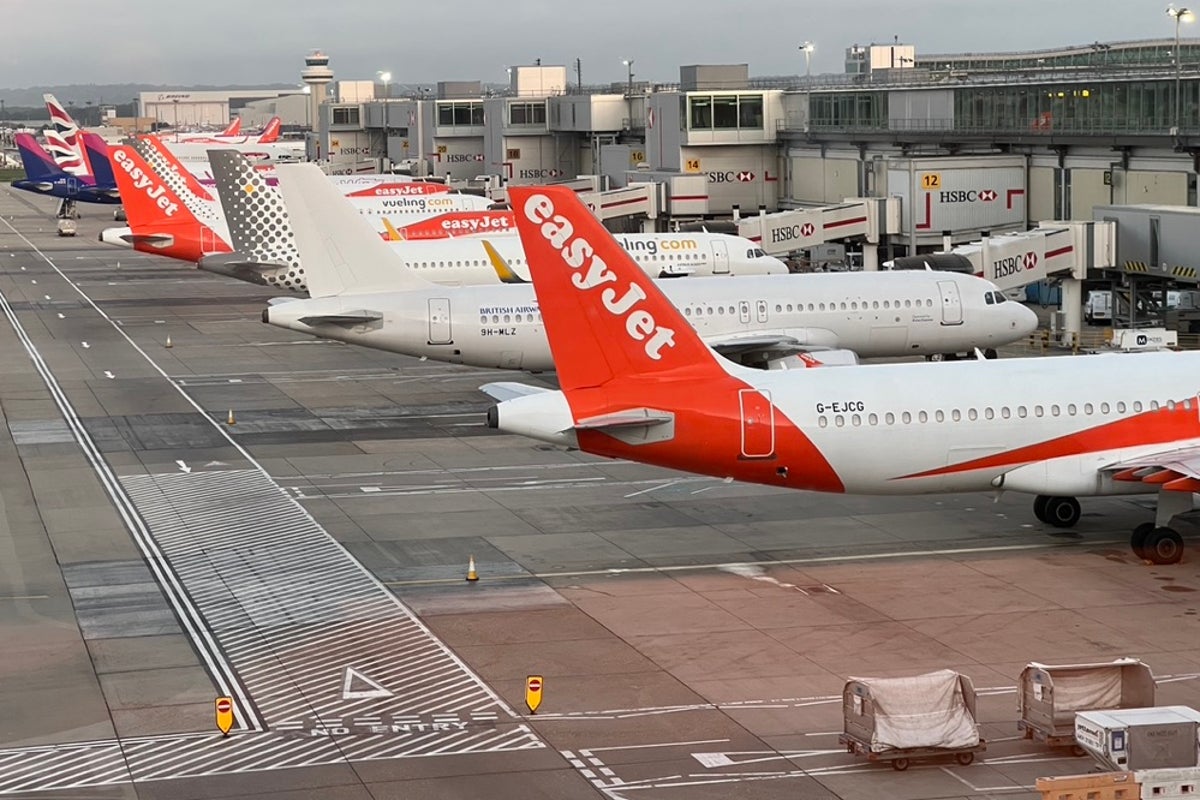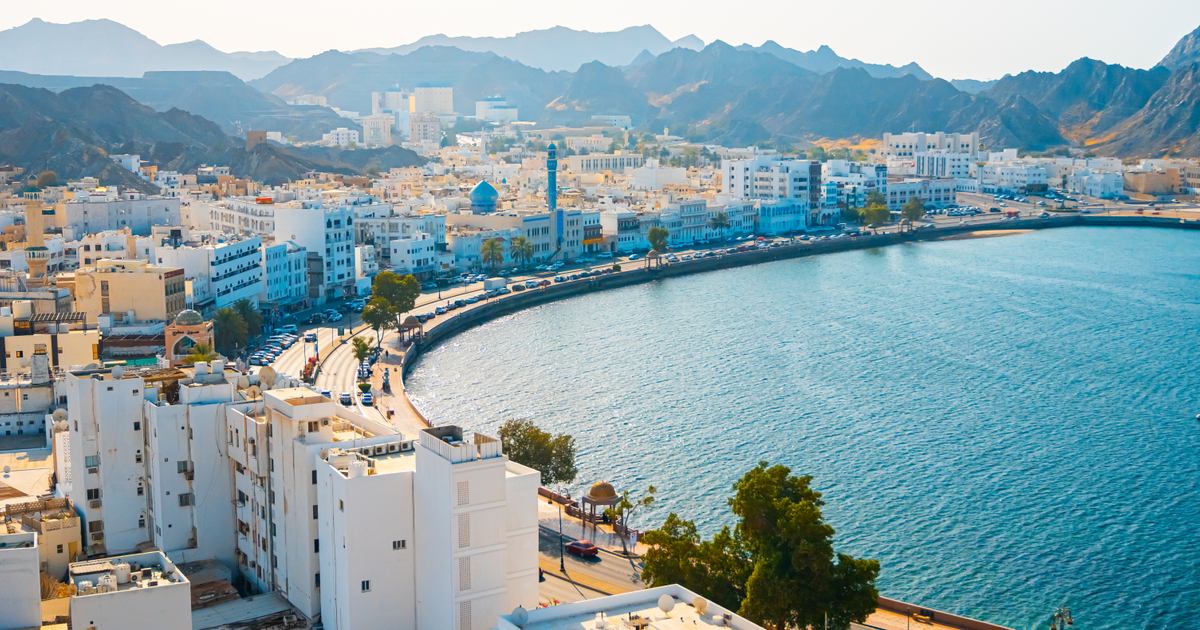Why Mornings Are Almost Always the Best Time to Fly
Flying can be stressful with delays, cancelations, unforeseen costs, bad service, and turbulent weather. But some of these frustrations can be avoided—by simply choosing an earlier flight. It’s never easy to drag yourself to the airport before the sun...

Photo: Dushlik (Shutterstock)
Flying can be stressful with delays, cancelations, unforeseen costs, bad service, and turbulent weather. But some of these frustrations can be avoided—by simply choosing an earlier flight. It’s never easy to drag yourself to the airport before the sun is even up, but it pays off once you’re there. Here are some ways a morning flight can benefit you on your next trip.
Morning flights are cheaper
Think about this from the perspective of an airline: If your busiest time is usually between 11 a.m. and 4 p.m., how can you incentivize people to take earlier flights when the airport is less hectic? Cheaper flights. Because these flights are during off-peak times, you’ll find them cheaper, according to Alternative Airlines. At the same time, the flights aren’t so discounted so that people will flock to buy them. According to Trip.com, you can expect them to be about 15% cheaper. That also means the airport will be less busy first thing, so you can expect shorter lines to check bags or get through security screenings.
Fewer delays and cancelations
Flying in the morning has the same benefits as getting your work done before a deadline: If hiccups happen, you’re ready to pivot. As we’ve covered before, flying early will mean a smoother experience:
Since passenger flights don’t generally take off overnight, airlines have some downtime to prepare for future (or manage existing) scheduling chaos. Catching a morning plane may minimize the likelihood of getting caught in a domino of delays. And if your early flight is canceled, you have more options for same-day departures than those scheduled to leave in the evening.
G/O Media may get a commission
Not only will you have a plan B if your flight gets canceled or delayed, you can also expect plan A to have a better chance of occurring. “Early morning flights are much less likely to get delayed or canceled than those taking place later in the day,” Phil Dengler, co-founder of the Vacationer, told HuffPost. Because later flights rely on morning flights to go as planned, they are much more susceptible to being altered by a maintenance or operational issue.
Less turbulence in general
Yes, you can increase your chances of having a smoother flight by flying earlier in the morning. NOAA and the National Weather Service tells us that thunderstorms are more likely to develop in the afternoon year-round in the United States. Most turbulence is caused by convection air movement that happens when temperatures on land get warmer in the afternoon. So cooler morning flights will also be chiller.
Better service
This one is not as much of a given since there’s no real data to support it, but conventional wisdom tells us that humans are in a better mood right after they’ve had their breakfast and coffee, and before they’ve been screamed at by angry customers. You’ll also possibly get the cleanest plane because the crew have the most time to sanitize everything properly, rather than rushing through the job between flights. You also won’t have to experience (as much of) the trash that is often left behind by previous customers.
Flying early isn’t always an option, but if you can manage it, the benefits are worth the early wake-time.

 KickT
KickT 
































